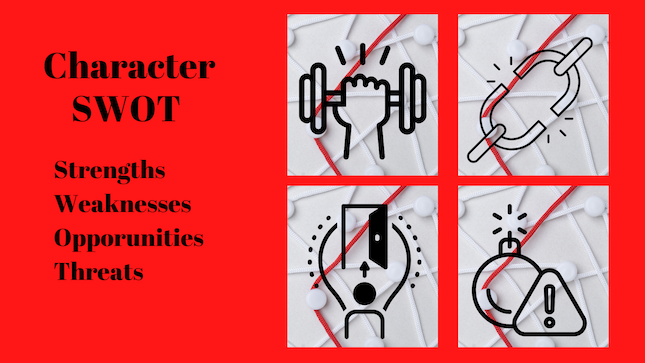Are You Crafting Your Writing Craft?

You Can Always Be A Better Writer
Today’s self-publishing world emphasizes book production. Get those books out there as quickly as possible. But you are doing your readers and yourself a disfavor if you don’t hone your craft.
The more you write, the better you write. But you can shortcut your improvements by using craft improvement aids. As you use the aids, you improve your judgment about your writing. You’ll counter critiques from other writers and from editors, standing firm in your knowledge of story writing craft.
Writing
However much you look for aids for writing improvement, writing is the best way to improve. Look back at your first writing attempts. I’m sure you have improved since then. Don’t wince. Be proud of your growth.
As you write, you become attuned to words that work, syntax that flows, and paragraphs that lead your reader on.
Your skill grows with practice.
Critique Groups with Other Writers
There are many ways to gather invaluable knowledge for other writers and authors.
- Join a critique group – before you self-edit, and then send your manuscript to an editor, your critique group will help you find your blind spots from punctuation, spelling, typos, and grammar to plot holes.
- Join a local writing group – this may cost you a few dollars a year, but you will meet a wider circle of writers and authors and have the opportunity to attend group events where you can expand your knowledge even more.
- Join an online group – expand your knowledge globally by exchanging ideas with fellow writers. Social media like Facebook have groups and communities where you can exchange ideas, get reviews of courses and paid advertising opportunities, and even get feedback on book cover ideas. Keep in mind the writers are not graphic designers. Or get suggestions on cover designers familiar with your genre. Get tips on what works and doesn’t work with Facebook fan pages, Amazon marketing, Facebook marketing, genre-specific book descriptions, or just dealing with Amazon and other book retailers.
- Join a professional writers organization – a good choice is one that is genre-specific.
- Join forums where authors discuss details of publishing and marketing.
- Attend conferences – meet writers, agents, publishers and learn from experienced authors. If you are working with a limited budget, find one that is close in order to reduce air travel, stay with a friend to reduce hotel costs. Remember that much of the great conversation and discussion happens outside of the formal presentations. Socialize.
By the time you have expanded your circle of writing and author friends you will know more about how to improve your own writing, where best to spend your writing budget, and you will discover tips and resources you would not have imagined if you had not connected with other writers.
Craft Books
Books on the writing craft are both practical and inspirational. You’ll find lists of the “best” abound. But, more important than being best, is a book that resonates with you. And different craft books help with different areas of craft.
There are baseline books like The Elements of Style that keep you on the straight path of composition and basic grammar. And at the other end of the scale is Steven Pinker’s The Sense of Style which examines topics like diction for the 21st Century.
When you are looking for exercises to go deeper into your craft, Ursula K. Le Guin’s Steering the Craft provides exercises to expand your understanding of how writing pulls readers into your story.
On almost everyone’s list is Anne Lamott’s Bird by Bird. There’s a reason. It’s both practical and inspirational.
I have books that are now out of print that I still use. And I keep adding. For instance, I just added an older book in it’s 30th Anniversary Edition, Natalie Goldberg’s Writing Down the Bones.
It’s one thing to have craft books in your library. It’s more important to use them. I like to spend time at least once a week reading and practicing with one of the craft books as my guide.
Find the books that resonate with you and then use them.
Editing Tools
Editing tools like Grammarly and ProWritingAid not only offer suggestions to improve your writing, they both offer a rationale.
If you pay attention to repeated checks, you’ll start noticing them as you write.
Editors
A good editor is your best friend when you want to improve your craft. An editor’s feedback gives you fresh eyes on your writing craft.
First, your editor will give you unbiased feedback on your manuscript. You’ll know the strong points of your writing and where you can improve.
A story editor (developmental editor) will point out places where your story doesn’t work. They will uncover plot holes, sequencing problems, character anomalies, and other things that can bring your reader up short.
And a good copy editor ensures your writing flows, meeting good writing conventions. Over time, you’ll see the same editorial changes and you’ll start to see them as you are writing.
Craft Your Craft
Never stop improving your craft. Use resources. Practice. Pay attention. And most of all, keep writing.
Photo by Nick Karvounis on Unsplash






